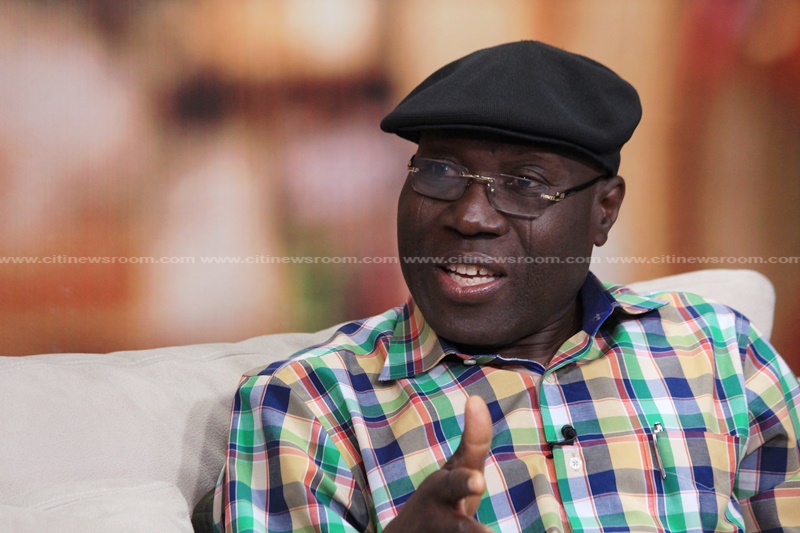Former Member of Parliament (MP) for Tamale Central, Inusah Fuseini, has disclosed that ex-gratia is not a legally binding requirement under Ghana’s constitution.
He argued that ex-gratia was introduced in the 4th Republic and in no way represents the true nature of the payment of emoluments and benefits to former public officers.
“The ex-gratia lexicon came under discussion I think under the Ntiamoah Committee or one of the committees set up to determine the salaries and privileges of article 71 office holders, and they ended up using ex-gratia. Ex-gratia is not legally bidding but retirement benefits in the constitution is legally binding,” he told Samuel Eshun on the Happy Morning Show.
According to him, article 295 of the constitution defines retirement benefits as pensions or gratuity of an individual. “You won’t receive any pension if you don’t contribute and gratuity is the lump sum one is paid after retirement. In some jurisdictions gratuity is about 20% of your annual salary if you’re a contract worker or a retiree.”
Article 71 officeholders include the President, the Vice-President, the Speaker of Parliament, the Chief Justice, and the Justices of the Supreme Court.
The rest are Members of Parliament (MPs), Ministers of State, political appointees, and public servants with salaries charged to the Consolidated Fund but enjoying special constitutional privileges.
Article 71 (1) and (2) of the 1992 Constitution stipulates that the determination of the salaries and allowances of the Executive, the Legislature and the Judiciary paid from the Consolidated Fund would be determined by the President, on the recommendations of a committee of not more than five persons appointed by him and acting upon the advice of the Council of State.
In determining the salaries of the President, his Ministers, and political appointees, as well as the members of the Council of State, the Constitution states that Parliament will determine that based on the advice of the same committee.
Ex-gratia not legally binding – Inusah Fuseini

Suspension of mineral prospecting: Minister's directive was half-hearted - Inusah Fuseini